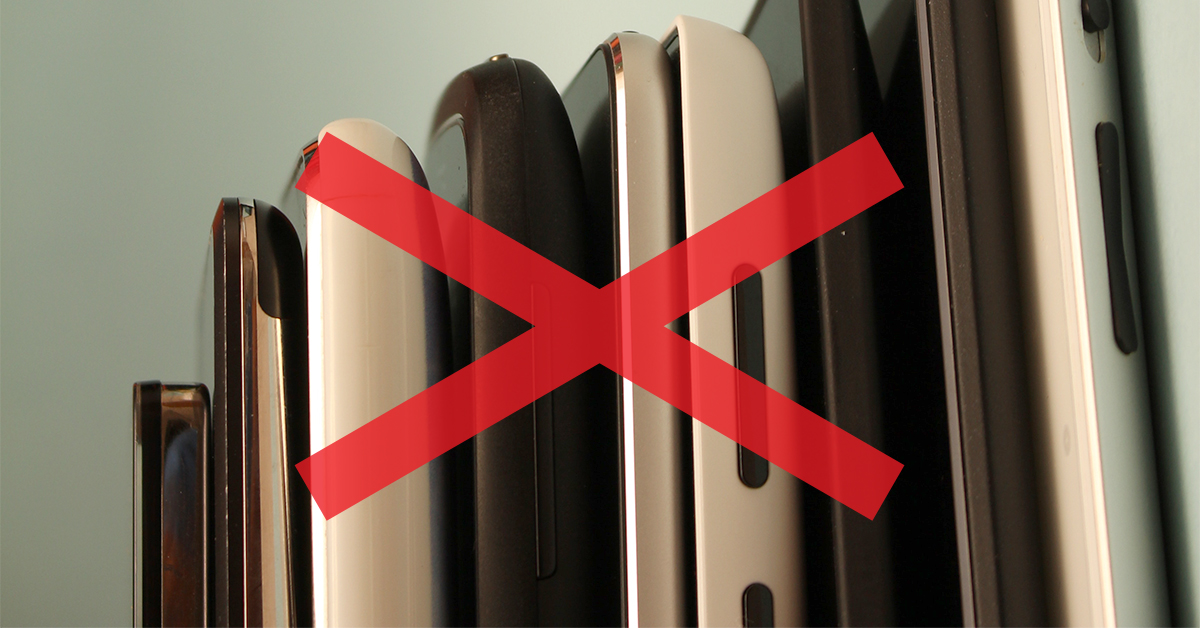Communication is indisputably vital to everyday life. But not necessarily in the classroom too. A new study reveals that students who are deprived of their handsets score significantly better in school.
Researchers at London School of Economics looked at an entire decade of performance in class drawing data from schools who either banned or didn’t ban cell phones. At the schools that banned student phones, grades were 6.4 percent better for high-achievers and 14 percent better for low achievers – students who don’t perform so well on average.
The results are logical to a moderate extent. Take away the kid’s distraction and he / she is forced to pay more attention in class. Part of the real issue could lie at an educational level. Maybe if classes were more engaging….

Photo by Hal Gatewood on Unsplash
Reducing educational inequality
What the study really managed to uncover is that underachievers can do much better in class if stripped of their smartphone. The researchers admit in the paper that “these findings do not discount the possibility that mobile phones could be a useful learning tool if their use is properly structured.”
According to the report, these findings merely suggest that the presence of mobile phones in schools is something we should pay great attention to, as the ban has very different effects on different types of students. The paper actually outlines that banning phones in school has no significant impact on high-achievers, but that the situation is very different when looking at low-achieving students. Apparently the latter group is the most prone to pulling out their handset for gaming and social networking.
The study also postulates that high-achievers are much more capable to focus in class even with the smartphone distracting them. Again, something that may not be all that surprising to some. The key takeaway, however, is that banning phones in schools could be a viable solution to educational inequality.
Post A Reply